Book: 'Your Money or Your Life'
maryliz
15 years ago
Related Stories

LIFEMake Money From Your Home While You're Away
New services are making occasionally renting your home easier than ever. Here's what you need to know
Full Story
SELLING YOUR HOUSESave Money on Home Staging and Still Sell Faster
Spend only where it matters on home staging to keep money in your pocket and buyers lined up
Full Story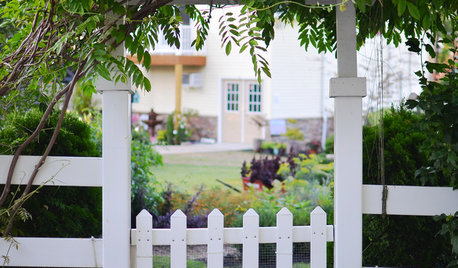
BUDGET DECORATING14 Ways to Make More Money at a Yard Sale — and Have Fun Too
Maximize profits and have a ball selling your old stuff, with these tips to help you plan, advertise and style your yard sale effectively
Full Story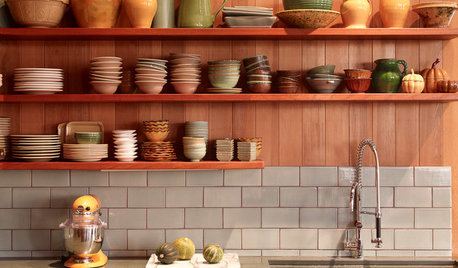
KITCHEN CABINETS9 Ways to Save Money on Kitchen Cabinets
Hold on to more dough without sacrificing style with these cost-saving tips
Full Story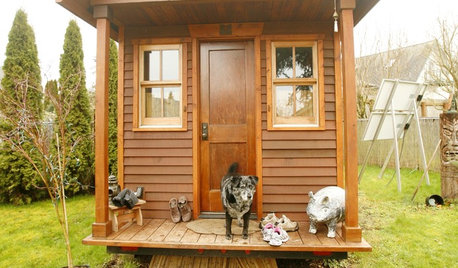
SMALL SPACESLife Lessons From 10 Years of Living in 84 Square Feet
Dee Williams was looking for a richer life. She found it by moving into a very tiny house
Full Story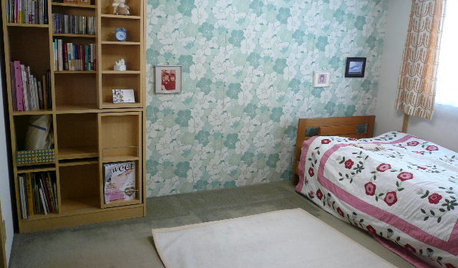
BOOKSCan Tidying Up Result in Life-Changing Magic?
Organizing phenom Marie Kondo promises big results — if you embrace enormous changes and tough choices
Full Story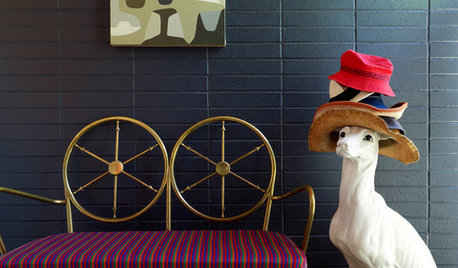
TASTEMAKERS7 Ways to 'Happy Chic' Your House and Life
Jonathan Adler dishes on how to create a joyful, meaningful home with plenty of room for humor and style
Full Story
MY HOUZZMy Houzz: Pursuing Their Life’s Work in Rural Oregon
This creative couple craft a live-work world all their own in the high country of eastern Oregon
Full Story
DECORATING GUIDESDecorate With Intention: Simplicity for Life's Sake
10 (easy and cheap) ways to create space and time for the life you want
Full Story
GARDENING FOR BIRDSWild Birds Transform a Woman’s Garden and Life
How Sharon Sorenson created a wildlife haven and became the Bird Lady of Southern Indiana
Full StoryMore Discussions










sheriz6
joann23456
Related Professionals
Fort Worth Custom Closet Designers · Norwalk Custom Closet Designers · Riverside Custom Closet Designers · Walnut Creek Custom Closet Designers · South Riding Custom Closet Designers · Farmington Home Builders · Home Gardens Home Builders · Katy Home Builders · Lake City Home Builders · Somersworth Home Builders · South Hill Home Builders · Addison Carpenters · Folsom Carpenters · Summerlin Carpenters · Saddle Brook Carpentersjamie_mt
mommabird
jannie
donnawb
mommabird
RoxieL
concretenprimroses
donnawb
chrisdoc